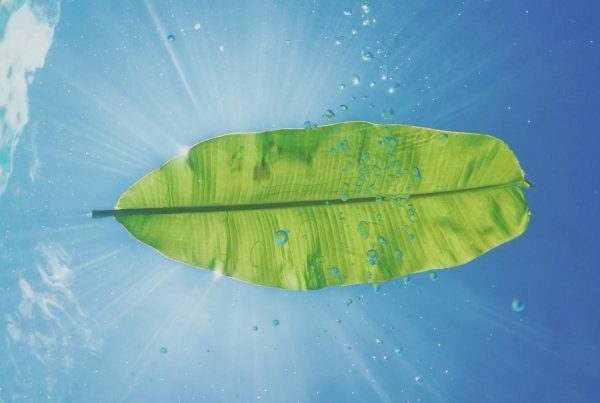Infrastructure
Downer and Hume City Council have partnered with resource recovery and recycling companies - Close the Loop and RED Group - to set this new benchmark in sustainability.
We are all dismayed by the overuse of plastics, and specifically plastic bags. Whilst many countries, supermarkets and businesses in general are reducing or banning their use, there still remains a plethora of bags and packaging, intended for landfill that need to be dealt with – away from the landfill waste management option.
In this exciting development, soft plastics from approximately 200,000 plastic bags and packaging, and 63,000 glass bottle equivalents will be diverted from landfill to construct a Victorian road in an Australian-first trial.
Along with soft plastics and glass, toner from more than 4,500 used printer cartridges and 50 tonnes of recycled asphalt were also repurposed to create 250 tonnes of asphalt that will be used to construct a road in and around Rayfield Avenue, Craigieburn, located in Melbourne’s north. This partnership with the recycling companies offer a real solution to an issue which overwhelms us all.
Downer’s Executive General Manager Road Services, Dante Cremasco, said the milestone event showed that partnerships with other thought leaders can create economic, social and environmental value for products that would more than likely end up in landfill, stockpiled, or as a pollutant in our natural environments.
“Together with our customer Hume City Council and our partners, we have proven that with thought leadership and a determined effort to make a positive difference, we have set a new benchmark in our industry when it comes to sustainability by creating new avenues to recycle and repurpose waste materials into new streams of use. It’s all about pulling product, not pushing waste,” Mr Cremasco said.
“What is also pleasing to see is that this sustainable, cost competitive road has a 65 per cent improvement in fatigue life and a superior resistance to deformation making the road last longer, and allowing it to better handle heavy vehicle traffic,” Mr Cremasco added.


